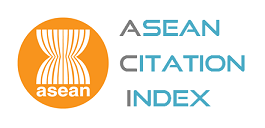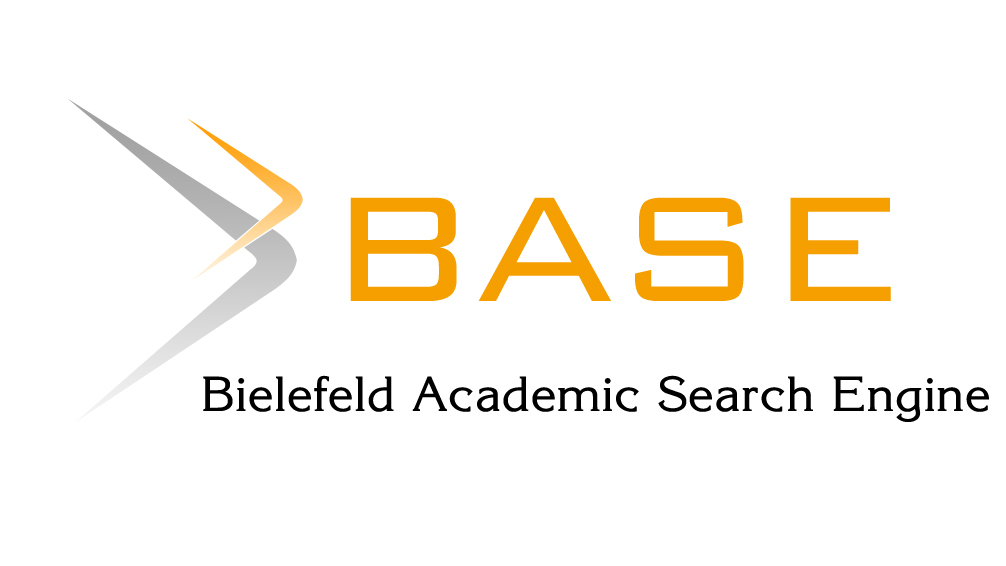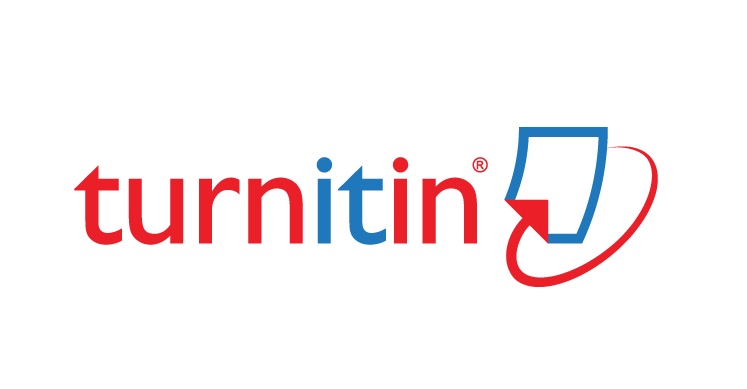CHALLENGES AND EXPECTATIONS IN DESCRIPTIVE PARAGRAPH WRITING: A CASE OF EFL FRESHMEN AT TRA VINH UNIVERSITY, VIETNAM
Abstract
English is by far the most widely used and highly-demand language around the world. Therefore, learning English has become an integral part of the educational process. The ability to write effectively has turned out to be one of the vital skills among English language learners. However, individuals encounter various obstacles
in their writing under various personal and environmental contexts. The main purpose of this study is to explore the writing challenges faced by first-year students majoring in English studies, with a focus on descriptive paragraphs. The study collected data from 38 first-year English major students at Tra Vinh University, Vietnam through an online questionnaire, which was designed with the first part aimed to identify the factors that hinder students from completing descriptive paragraphs, while the latter part consisted of openended questions that allowed students to express their deeper thoughts and expectations towards
lecturers for the development of their writing. The most noticeable results of the analysis indicate that creativity and similes appear to be the most influential factors in students’ writing performances. Besides, language-related elements rank as an integral part of the writing process as well. Based on the analysis of self-reported responses, the study ends with implications regarding lecturers’ instructional strategies, syllabus design, and
student autonomy to address these challenges.
-- PDF Article: https://drive.google.com/file/d/1ADBYkLESkPyIcieWkFa4e_o7BLPOlC8f/view?usp=sharing
Downloads
References
skills. In: 3rd International Annual LATEFL China
Conference, Tonghua, China, August 5-9, 2005.
Japan: The Japan Association of College English
Teachers (JACET); 2005. p.1–14.
[2] Barkaoui K. Teaching writing to second language
learners: Insights from theory and research. TESL
Reporter. 2007;40: 35–48.
[3] Deti T, Ferede T, Tiruneh D. The effect of reflection supported learning of writing on students’ writing attitude and writing achievement
goal orientations. Asian-Pacific Journal of Second
and Foreign Language Education. 2023;8(1): 29.
https://doi.org/10.1186/s40862-023-00202-8.
[4] Michelle JE. A study of academic genre: Exploring
writing in English for university purposes with Vietnamese students. VNU Journal of Foreign Studies.
2019;35(1): 68–83. https://doi.org/10.25073/2525-
2445/vnufs.4338.
[5] Ly TM, Nguyen T, Phan T, Dinh T, Huynh T.
EFL student’s problems with paragraph writing at
Tay Do University, Vietnam. European Journal of
English Language Teaching. 2021;6(4): 107–130.
http://dx.doi.org/10.46827/ejel.v6i4.3778.
[6] Suastra I, Menggo S. Empowering students’
writing skill through performance assessment.
International Journal of Language and
Education Research. 2020;4(3): 432–441.
https://doi.org/10.26858/ijole.v4i3.15060.
[7] Bijami M, Pandian A, Singh MKM. The relationship
between teacher’s written feedback and student’s’
writing performance: sociocultural perspective. International Journal of Education and Literacy Studies.
2016;4(1): 59–66.
[8] Ghanbari N, Salari M. Problematizing argumentative writing in an iranian efl undergraduate context. Frontiers in Psychology. 2022;13: 862400.
https://doi.org/10.3389/fpsyg.2022.862400.
[9] Hidi S, Boscolo P. Motivation and writing. Handbook
of Writing Research. MacArthur CA, Graham S,
Fitzgerald J (eds.). New York: Guilford Press; 2006.
p.144–157.
[10] Hyland K, Hyland F. Interpersonal aspects of response: Constructing and interpreting teacher written
feedback. Feedback in second language writing: Contexts and issues. Cambridge: Cambridge University
Press; 2006. p.206–224.
[11] Topuzkanamıs¸ E. The effect of teaching writing
strategies on Turkish language teaching department
fresman students’ writing achievement. International
Journal of Turkish Literature Culture Education.
2014;3(2): 274–290.
[12] Abdi Tabari M. The effects of planning time on complexity, accuracy, fluency, and lexical variety in L2
descriptive writing. Asian-Pacific Journal of Second
and Foreign Language Education. 2016;1(10): 1–15.
https://doi.org/10.1186/s40862-016-0015-6.
[13] Binglan Z, Jia C. The impact of teacher feedback
on the long-term improvement in the accuracy of
EFL student writing. Chinese Journal of Applied
Linguistics. 2010;33(2): 18–34.
[14] Alka W. Exploring undergraduate students’ difficulties in writing a descriptive text. Graduation thesis.
Indonesia: University of Islam Malang; 2021.
[15] Hyland K. Writing in the university: Education, knowledge and reputation. Language Teaching.
2013;46(1): 53–70.
[16] Oshima A, Hogue A. Introduction to academic writing. 3rd ed. New York: Pearson Education White
Plains; 2007.
[17] Sarnjai M, Kaowiwattanakul S. Thai EFL learners’
perceptions toward learning English descriptive paragraph writing through Haiku poems. Journal of Modern Learning Development. 2023;8(1): 325–339.
[18] Byrne D. Teaching writing skills. UK: Longman;
1979.
[19] Fareed M, Ashraf A, Bilal M. ESL learners’ writing
skills: Problems, factors and suggestions. Journal of
Social Science Education. 2016;4(2): 81–92.
[20] Sholeha M, Ghozali I, Mahbub MA. Undergraduate
students’ difficulties in writing descriptive
paragraph. Linguapedia. 2017;1(1): 1–47.
https://ejurnal.uij.ac.id/index.php/LIN/article/view/448.
[21] Hasan JR, Habibie A, Helingo A. Probing of hardships and their factors of EFL students in constructing
text. AL-Jauhari Scientific Journal. 2023;8(1): 106–122.
[22] Lestari RP, Ramasari M, Syafitri D. The students’ability in writing descriptive text at Smp Negeri
7 Lubuklinggau. Lingustic, Literature and English
Education. 2022;2(2): 23–33.
[23] Nurkholijah N, Al Hafizh M. An analysis of causes
of students’ problems in writing recount text. Journal
of English Language Teaching. 2020;9(3): 470–479.
[24] Al-Khairy MA. Saudi English-major undergraduates’
academic writing problems: A Taif University perspective. English Language Teaching. 2013;6(6): 1–
12.
[25] Hattie J, Timperley H. The power of feedback. Review of educational research. 2007; 77(1): 81–112.
https://doi.org/10.3102/00346543029848.
[26] Anh DT. EFL student’s writing skills: Challenges and
remedies. IOSR Journal of Research & Method in
Education. 2019;9(6): 74–84.
[27] Song C, Song Y. Enhancing academic writing skills
and motivation: assessing the efficacy of ChatGPT in AI-assisted language learning for EFL students. Frontiers in Psychology. 2023;14: 1260843.
https://doi.org/10.3389/fpsyg.2023.1260843.
[28] Khatib M, Mirzaii M. Developing an analytic scale
for scoring EFL descriptive writing. Two Quarterly Journal of English Language Teaching and
Learning University of Tabriz. 2016;8(17): 49–73.
https://elt.tabrizu.ac.ir/article_4960_0.html.
[29] Vygotsky LS, Cole M. Mind in society: Development
of higher psychological processes. United States of
America: Harvard University Press; 1978.









